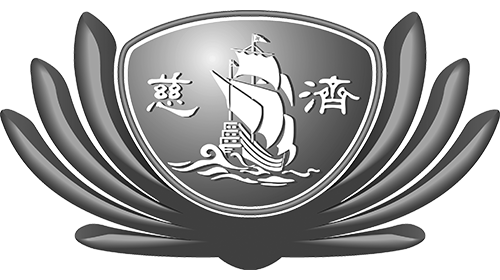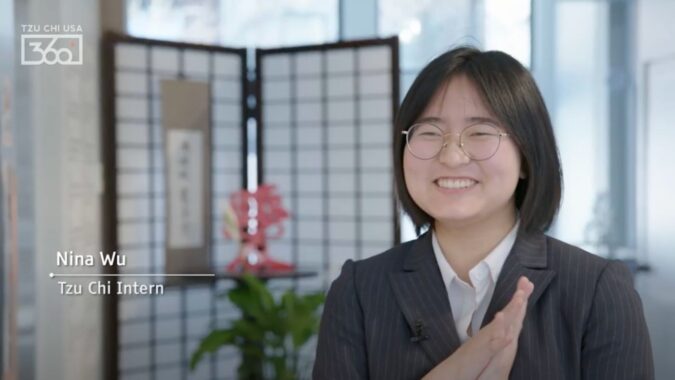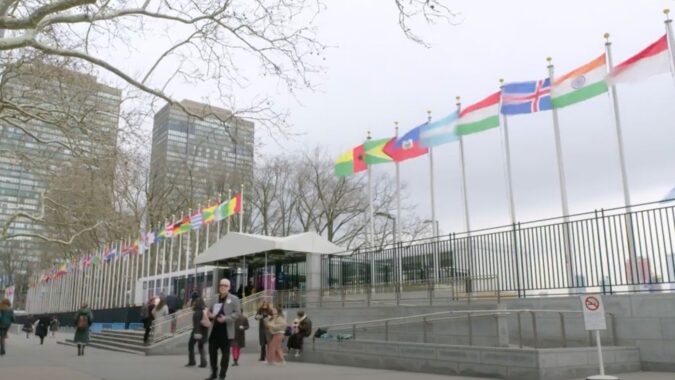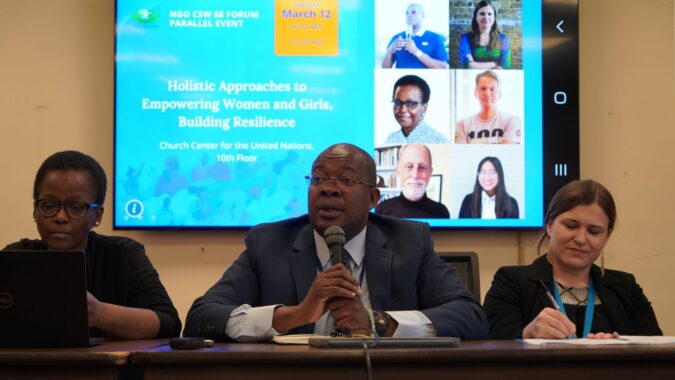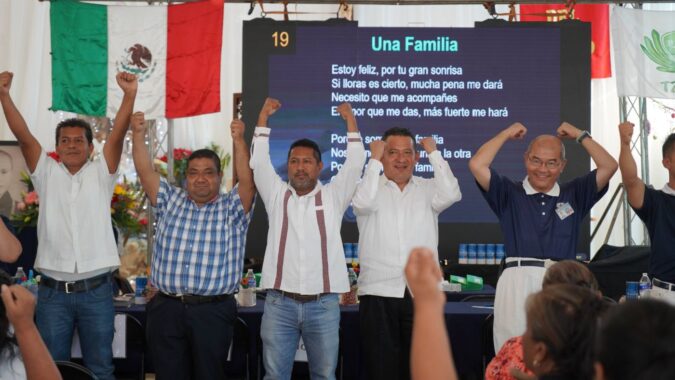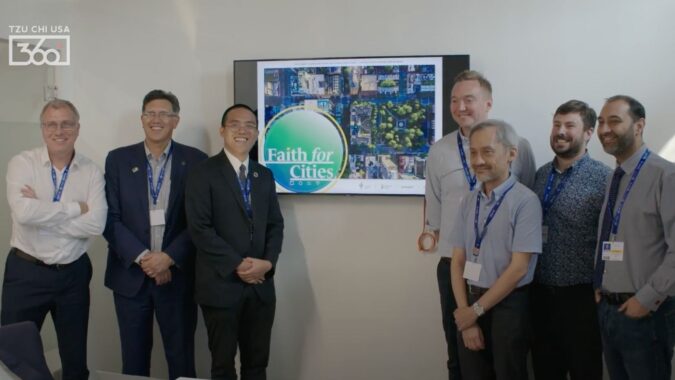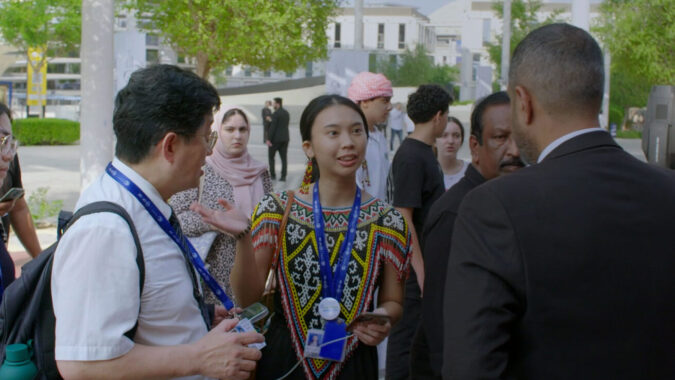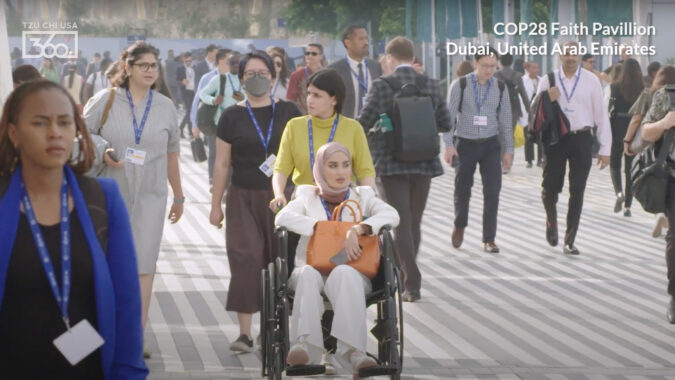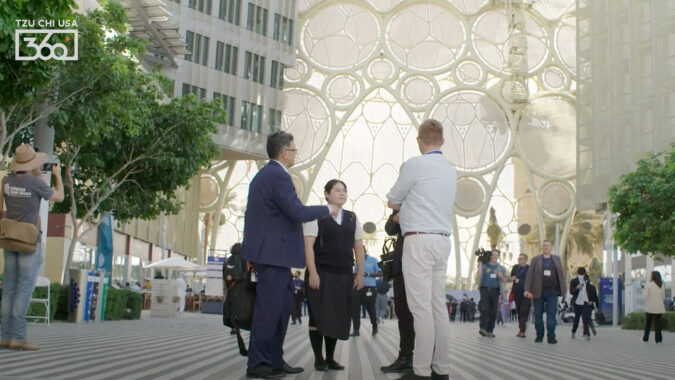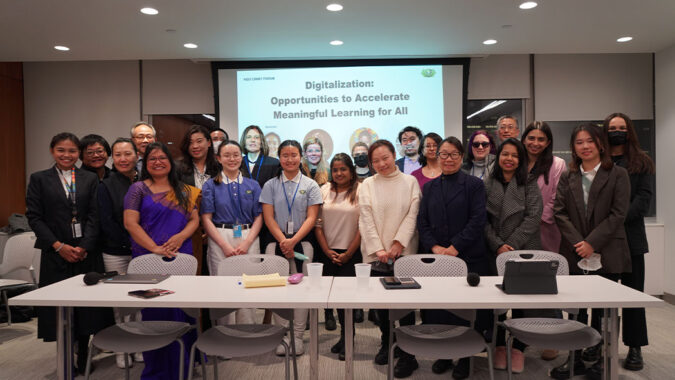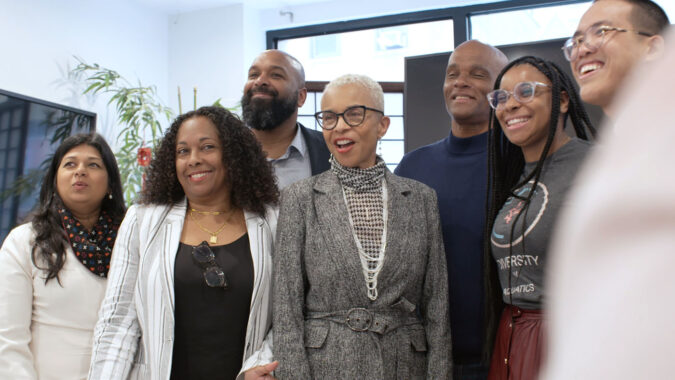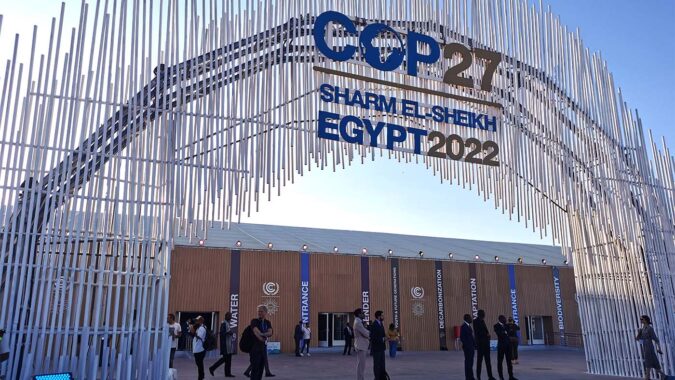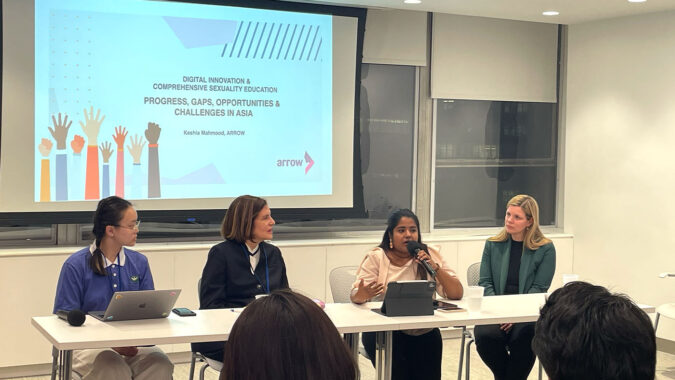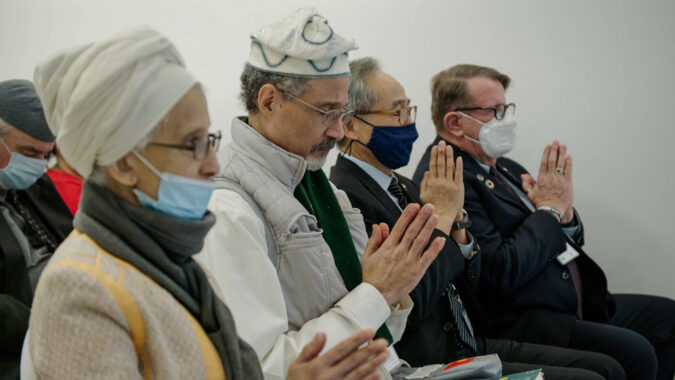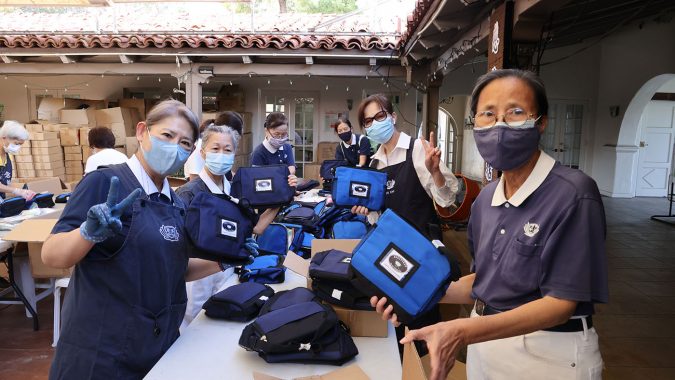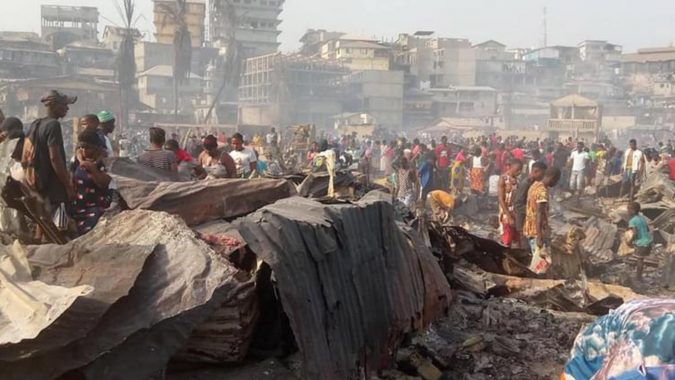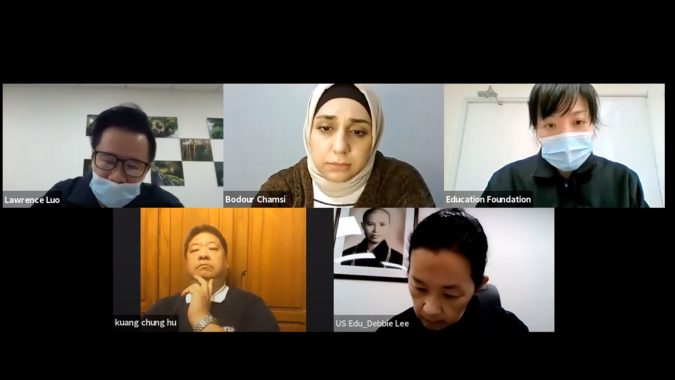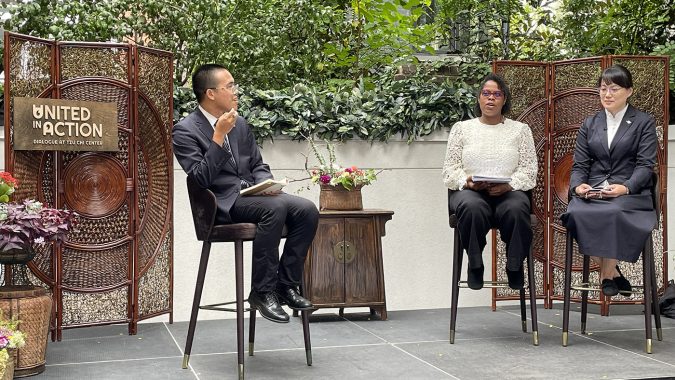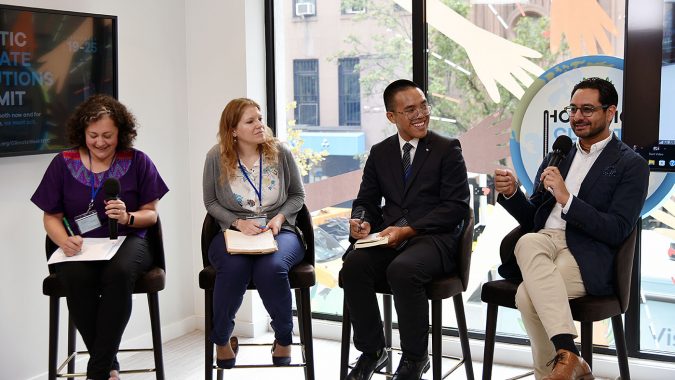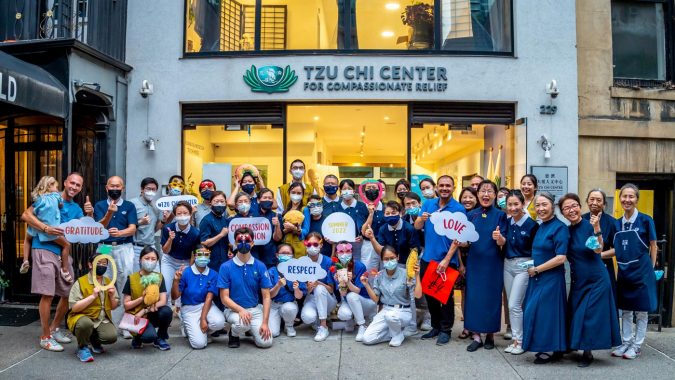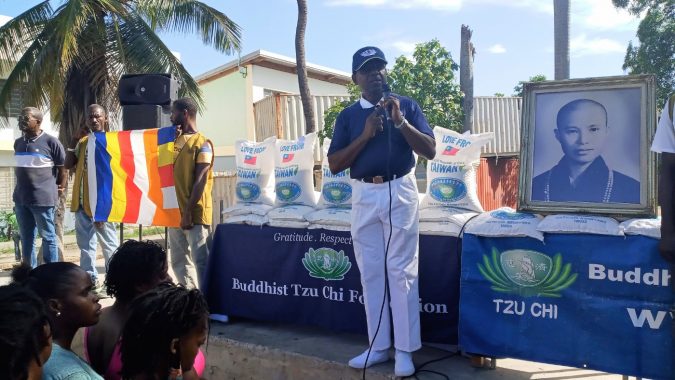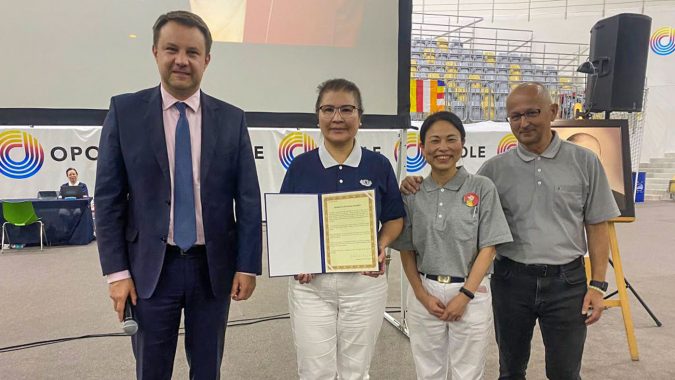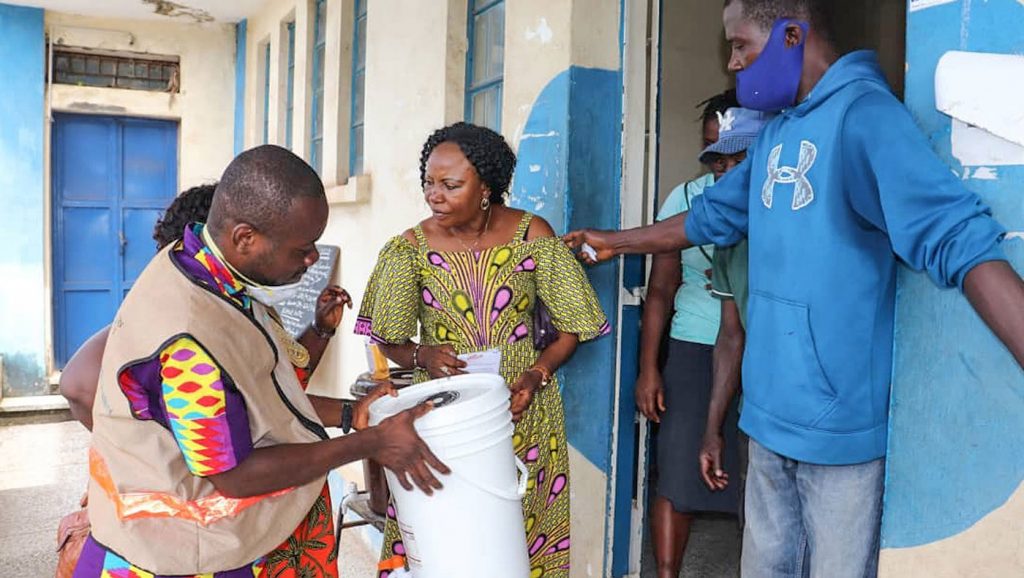
Written by Pheel Wang
Translated by Mark Wan
Edited by Diana Chang, Andrea Barkley
Food distribution buckets, previously used by Tzu Chi USA to provide Jing Si Multigrain Instant Mix to the hungry in the Republic of Sierra Leone, are now converted for other essential functions — continued education and pandemic prevention.
Help From Far Away, But Close By
U.S. President Biden promised that “90% of Americans will have a (COVID-19) vaccination site within five miles of their homes by April 19 (2021).” In the following weeks, the vaccine sites and shot rates skyrocketed, with one out of every three American adults getting inoculated by the end of March. As vaccination becomes more available to the masses, more and more people are willing to go out to work, travel, dine, shop, and get an education. But what about the majority of other countries in the world?
4 Countries Dominate Doses As Pressure Grows For Global Vaccine Solutions"--India, China, the U.K. and the U.S.
NPR reports on March 29, 2021
According to a Duke University estimate, the Covid-19 vaccine will not be available worldwide until 2023 or 2024. For a long time, the Republic of Sierra Leone has been seriously short of resources for public hygiene and water source, much less having access to the Covid-19 vaccine. As a result, the reopening of the schools will be delayed by two to three years. So what will happen to children’s education and pandemic prevention for communities during the intervening years?
Since help is far away, but the pandemic threat is immediate, Tzu Chi USA volunteers quickly reached out to local humanitarian organizations such as HealeyIRF, Caritas Freetown, and Lanyi Foundation. Together they decided to provide basic service first and then look for a better solution: help residents solve water issues to curb the spread of the virus.
Upon witnessing the rapid escalation of conflict and the ensuing humanitarian situation, Tzu Chi’s founder, Dharma Master Cheng Yen, addressed volunteers worldwide on February 28.
Looking at them fleeing – some carrying young children on their backs, holding them in their hands, older ones holding smaller ones – large families are escaping in crowds. We don’t know what their destination is.
Dharma Master Cheng Yen
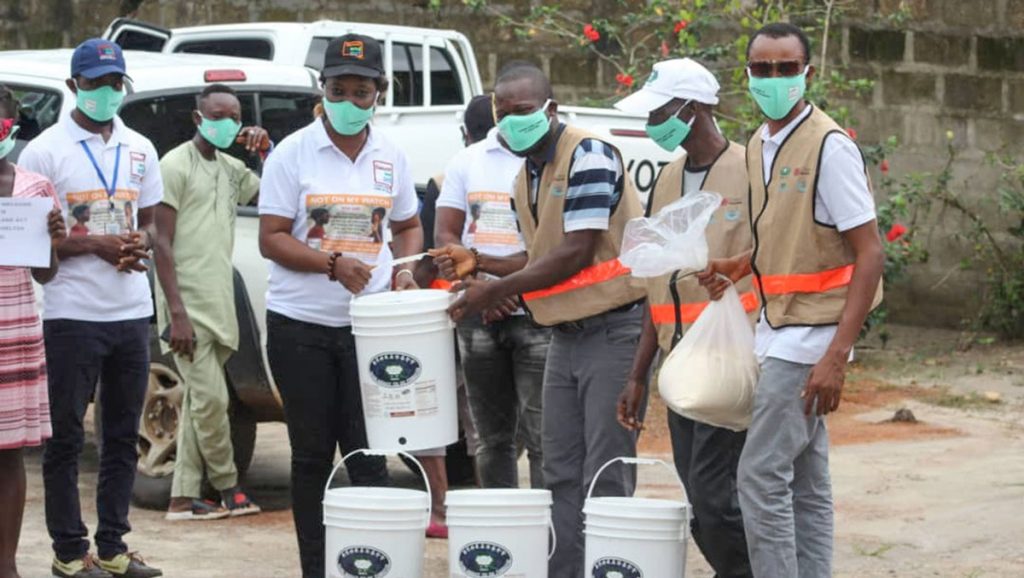
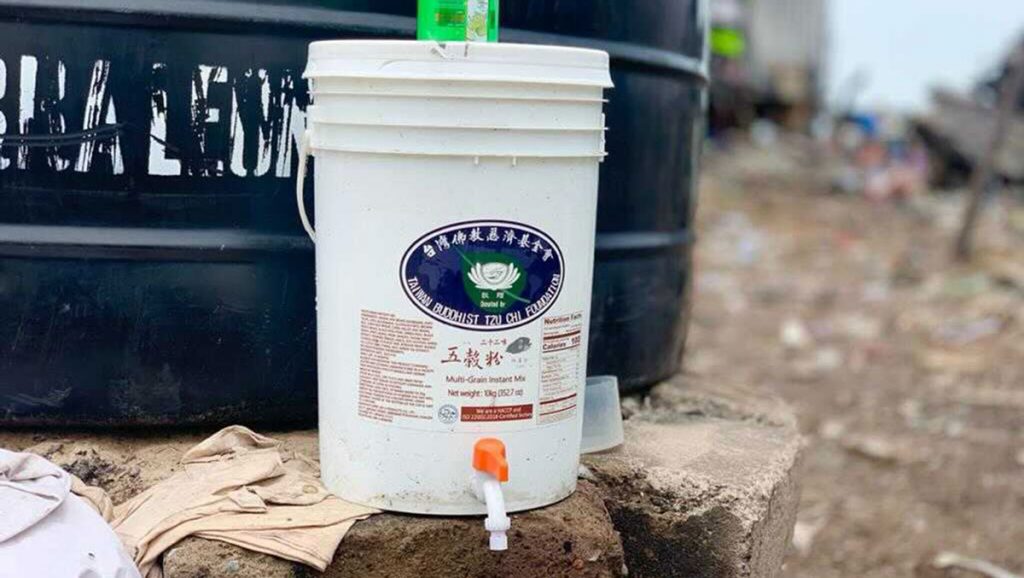
Back to Square One In Schools
In September and October 2020, Tzu Chi USA worked with local partners to help in pandemic prevention. The reopening of various regional schools was predicated on having adequate hygiene measures. Unfortunately, many schools couldn’t install much-needed hand-washing devices due to a lack of funds.
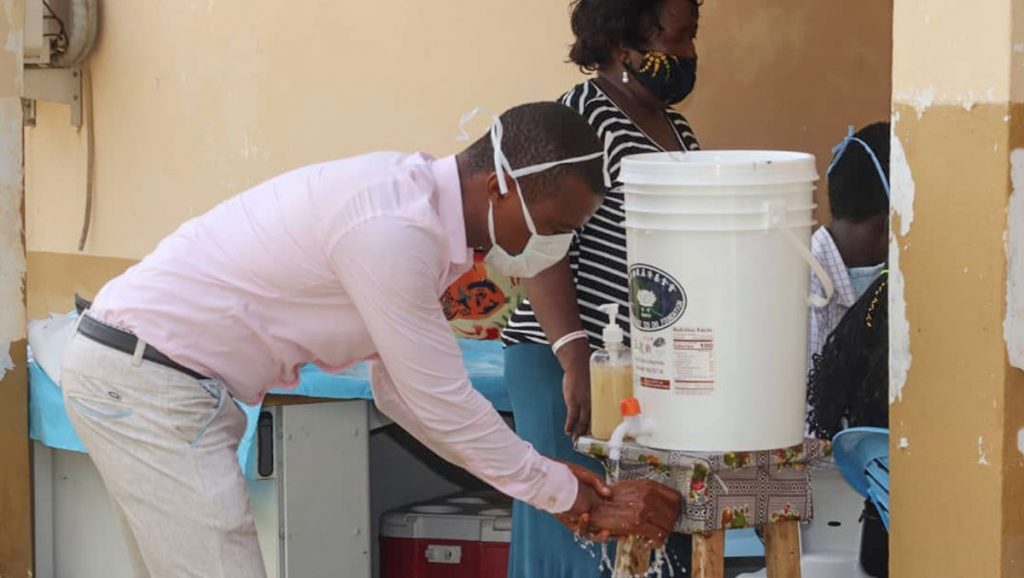
“We need these hand-washing buckets very much, so students can wash their hands,” commented Richelle, president of St. Joseph Secondary School, Freetown. “We will abide by the hand-washing manual and prevention measures to get rid of coronavirus as soon as possible and keep it out of our country.”
Interrupted due to the pandemic, schools in advanced countries could continue their virtual education via remote teaching devices like computers and WiFi networks. Yet, schools of the Republic of Sierra Leone couldn’t afford the benefit of this kind. As a result, teachers were very concerned about the possibility of educational development going back to square one.
We promise to make the most of the hand-washing buckets and hand soap to ensure hygienic safety of students. And we thank you once again.
Sylvaine
St. John Convent Secondary School
On behalf of all my school staff and students, I hereby express our feeling of gratitude to you from the bottom of our hearts.
Yatiba, 內內elementary school
The school refitted Tzu Chi USA food distribution buckets to help with school sanitation. This decision not only stood to safeguard the health of communities but also extended the use of recyclable items and the hope for a better future.
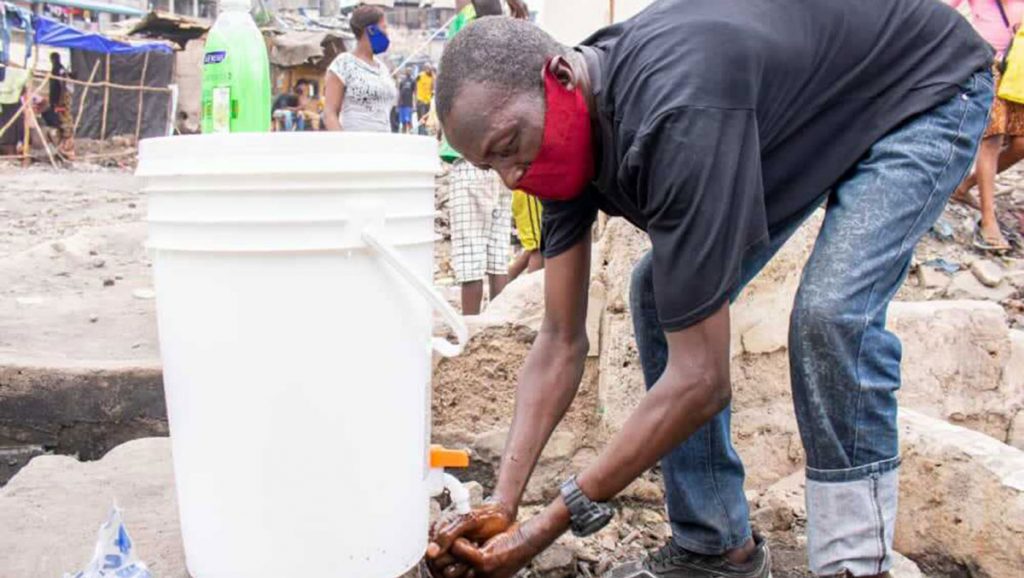
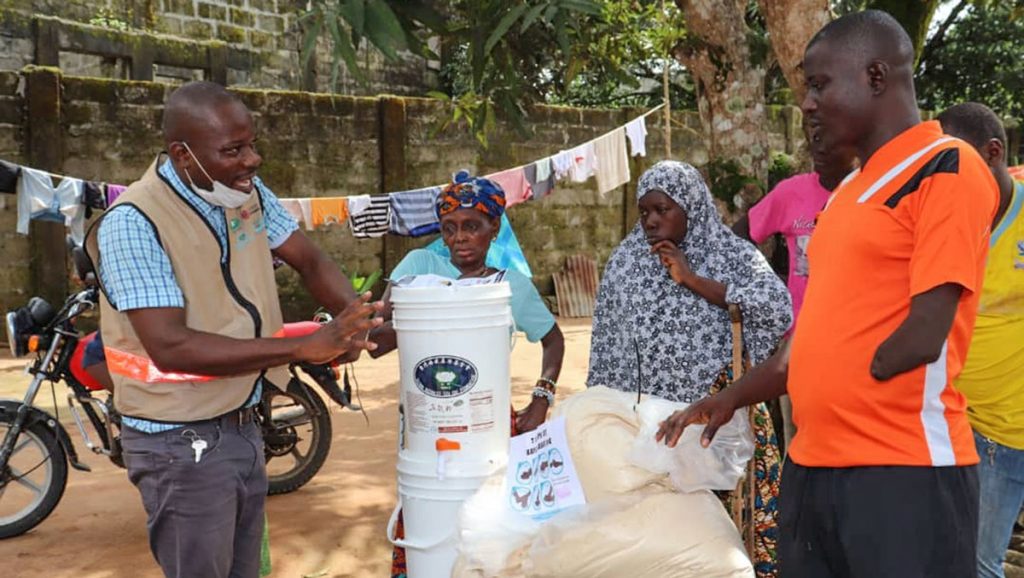
PET Bottles And Menstrual Education
Meanwhile, Tzu Chi’s partners were also busy holding a “workshop for disseminating information on women’s health.” Although not directly related to pandemic prevention, education, hygiene, and human rights intertwined the two. Tzu Chi’s DAAI Technology played an essential role in the successful holding of the workshop.
“Today we hold this get-together with female students, along with Lanyi Foundation, to educate you on your menstrual cycle,” said Betty of the United Nations Population Fund. She emphasized that menstrual education would elevate women’s status locally.
In the Republic of Sierra Leone, as in many other African countries, women’s status is far lower than men’s. For example, as soon as a young woman begins menstruating or becomes pregnant, she is banned from continuing her education.
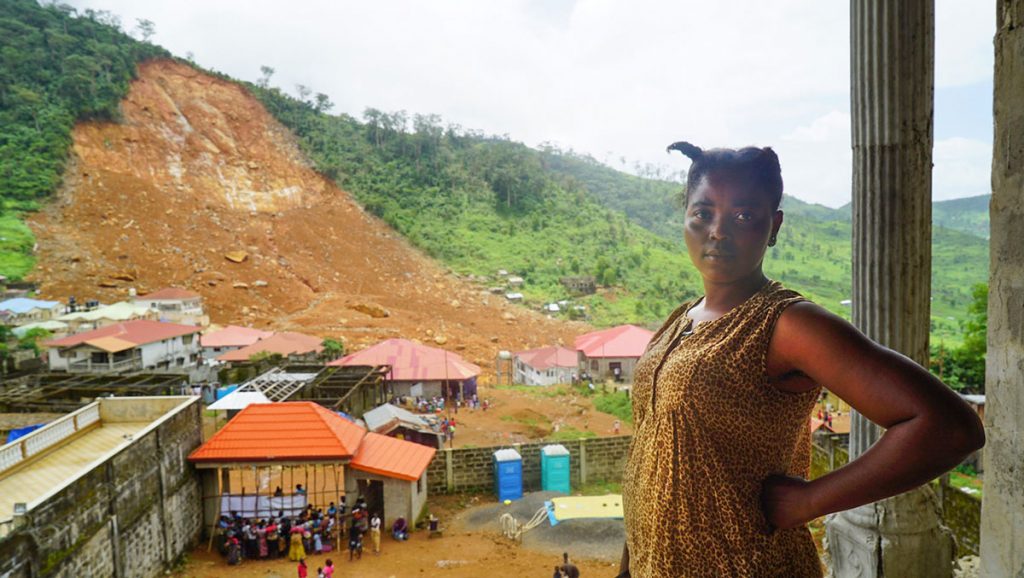
“When the Tzu Chi Team came to the Republic of Sierra Leone in 2019, they saw I was holding a reusable, hygienic pad made of cloth, and they liked the idea. So, inspired by the Tzu Chi team, we came up with this particular product made of recyclable PET bottles,” said Philomena Yumkella, CEO of Lanyi Foundation. She showed a sanitary pad created by Tzu Chi’s DAAI Technology. With these products, girls will not be worried anymore about their schooling being interrupted by their menstrual cycle. They can be washed, cleaned, and reused. Thus they save money and reduce the burden on the local garbage treatment systems that were often on the verge of collapse.
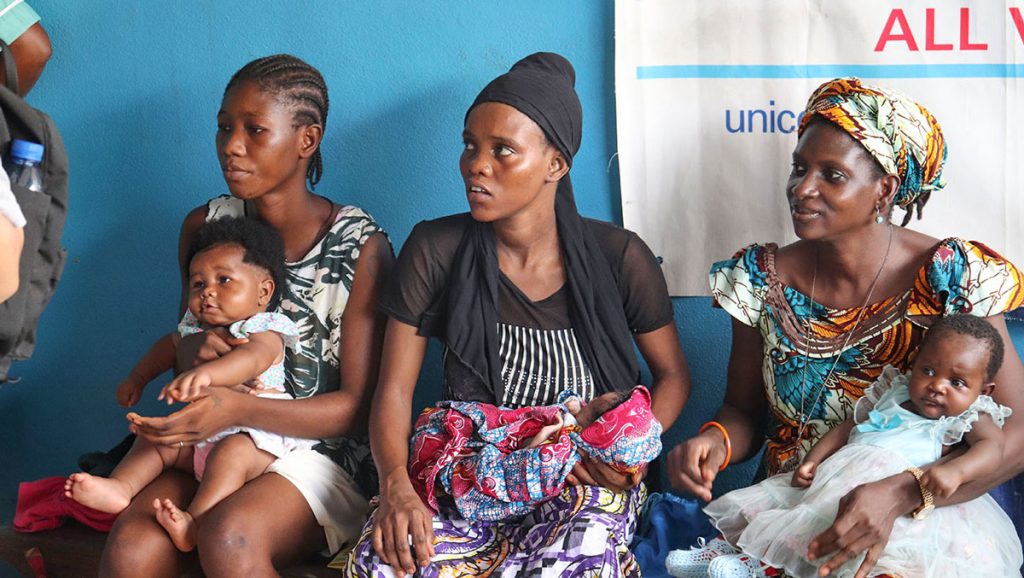
In the seminar, Philomena and Sister Josephine demonstrated how to use and clean these hygienic cloth pads for these young girls. Mariama, a student, observed and expressed interest in being one of the first users of it for community advocacy.
This is the very first time I see a reusable hygienic pad (made of recycled PET bottle), and looking forward to using it.
Mariama, student
Understanding how to protect their bodies is a small step and a giant leap for the general elevation of women’s status in the Republic of Sierra Leone. Tzu Chi USA continues to explore all aspects of issues to protect the underprivileged groups in the Republic, especially students. Tzu Chi hopes to help pave the way for them to embrace the hope of a brighter and healthier future.
